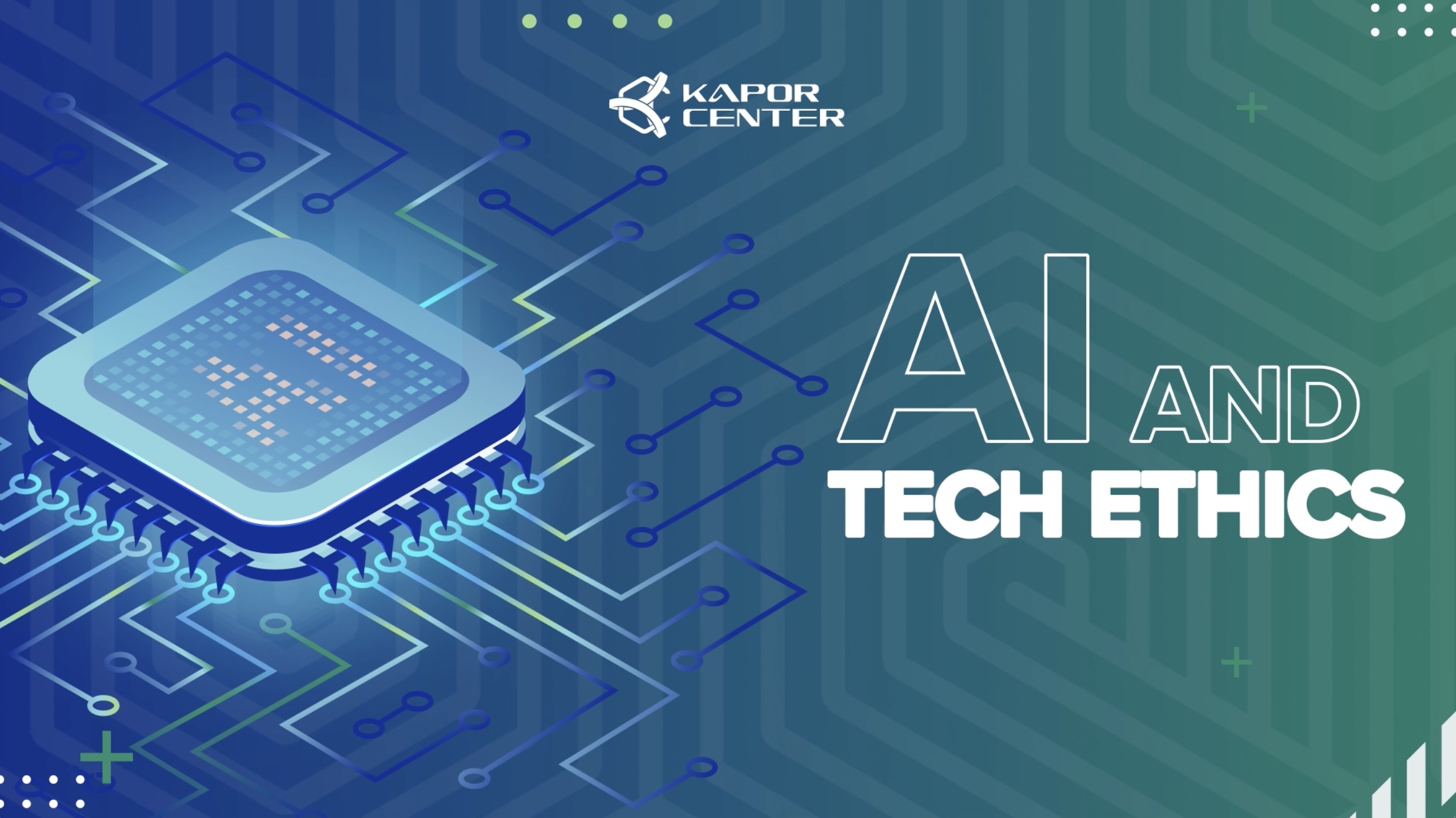A FRAMEWORK FOR ACTION
The Justice-Centered Computer Science Initiative for K-12 Education
We envision a computer science education ecosystem where all students experience inclusive and equitable learning environments that enable the interrogation of the creation of technology, the examination of ethical concerns, risks, and harms, and the building of knowledge to harness the power of computing for justice.
“The New Jim Code”: the employment of new technologies that reflect and reproduce existing inequities but that are promoted and perceived as more objective or progressive than the discriminatory systems of a previous era.”
― Ruha Benjamin, Race After Technology: Abolitionist Tools for the New Jim Code
Our Goal
Justice-centered, equitable K-12 computer science education addresses structural educational inequality, critically interrogates the computing ecosystem, and develops with intentionality the resources, programs, and policies to achieve full access and meaningful outcomes for students of all identities and abilities, with an explicit focus on students underrepresented in computing as well as those that sit at the identity intersections of race, ethnicity, gender, disability, and socioeconomic status.
Core Pillars
This collaborative initiative will seek to advance Justice-Centered CS education through the following:
Collaborators
Download the Framework. Join the Initiative.
Coming Soon: Responsible AI and Tech Justice Guide for K-12 Education
Acknowledgements
The authors of the framework would like to extend sincere thanks, gratitude, and appreciation for the decades of work by leading scholars, researchers, and activists, and educators who have contributed a rigorous equity lens to the advancement of the field of computing education. We would like to specifically appreciate the time and dedication of the thought partners and colleagues who generously contributed their expertise to this project.










